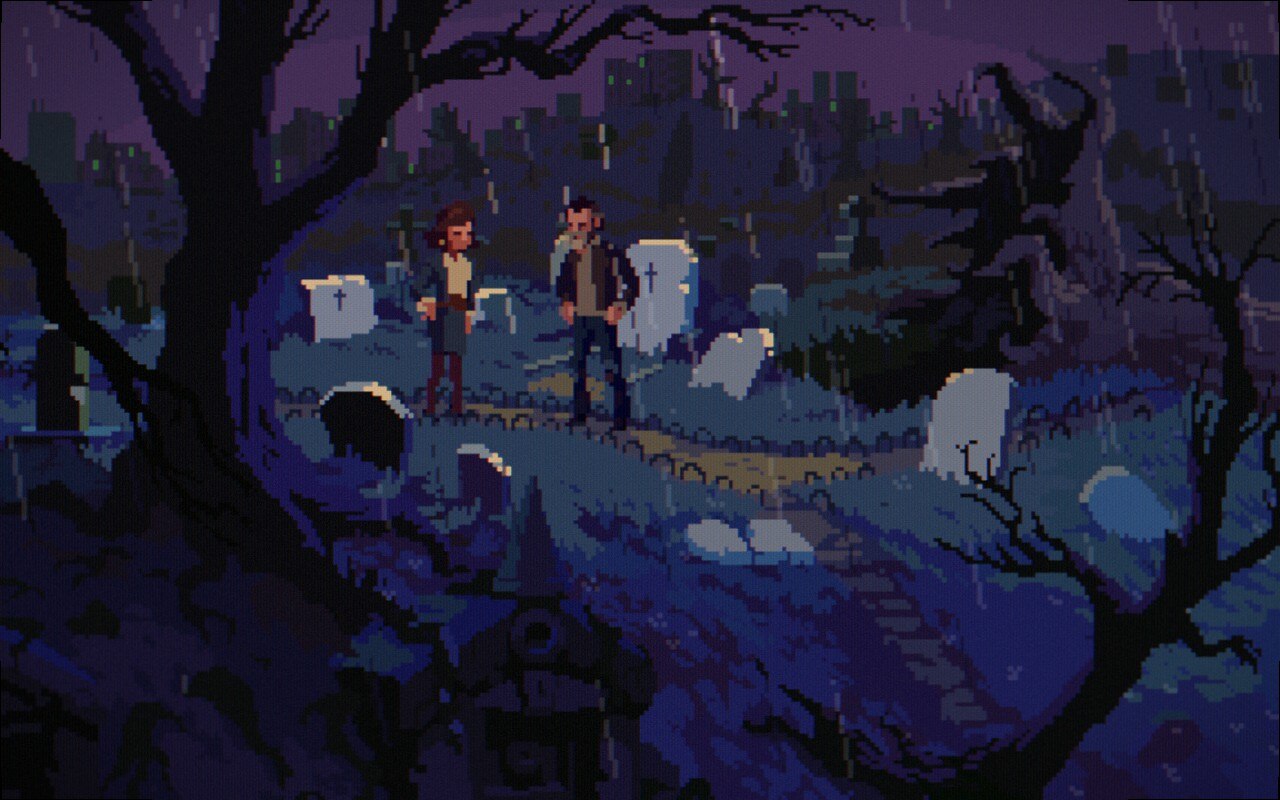Unhappy with No Man's Sky, some players are escaping to this space game
Empyrion - Galactic Survival aims to prove that size doesn't matter.
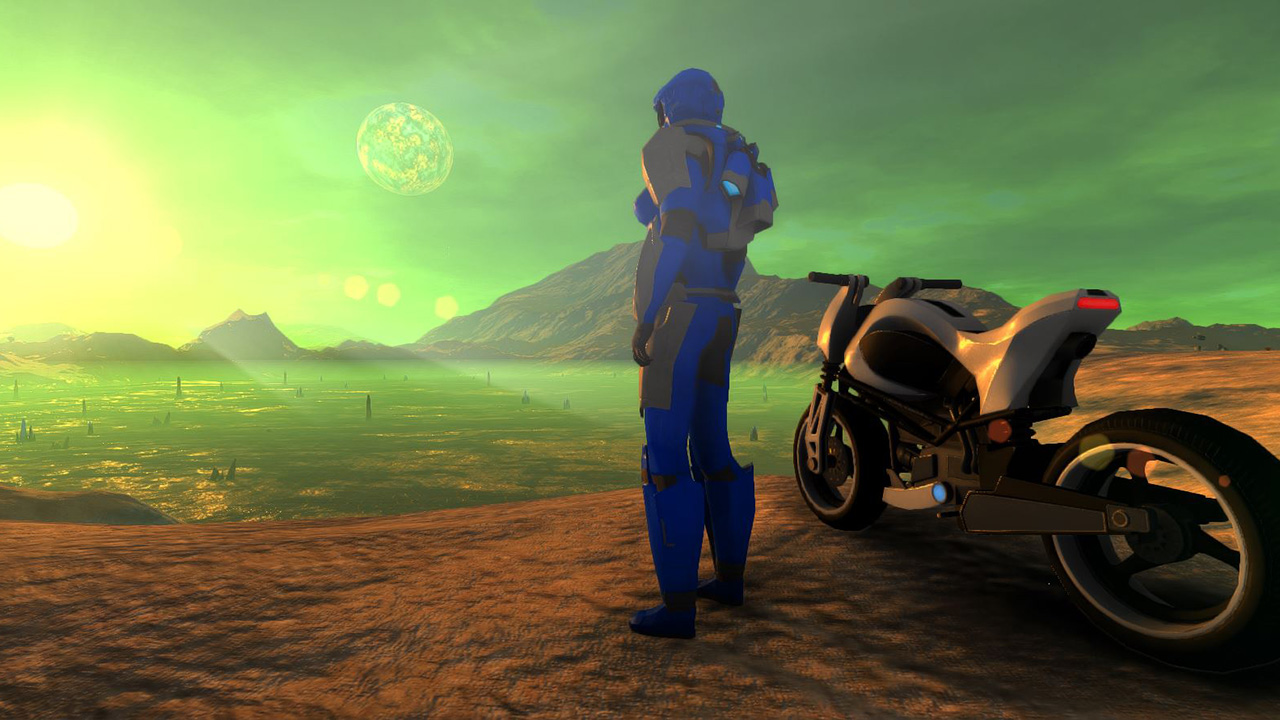
No Man's Sky wasn't the space game I hoped it would be. Amid the supernova of negative backlash and disappointment, it's not surprising that so many feel frustrated that their journey to the stars was cut short by tedious inventory management and procedural generation that was pretty but boring. But some players are finding an unexpected discovery in the wake of No Man's Sky, and its name is Empyrion - Galactic Survival.
Take one look at Empyrion's Steam reviews page and you'll find an endless stream all summarized by its most rated review: "No Man's Sky with actual content." But can an Early Access game really deliver where Hello Games couldn't?
To its detriment, Empyrion starts out very much like other survival sandbox games: I punch things to get things to build things so I can punch things better. After doing this in so many games, I was a little underwhelmed, but after stumbling through the in-game guide (a wall of text) I assembled my first spacecraft, designing it from scratch where each module would impact the physics of how it handled and accelerated. I seamlessly took off from the planet's surface and found a whole solar system full of things to explore and build. What's better, unlike No Man's Sky, I can do all of this with friends or strangers in servers that hold up to a hundred players. Empyrion might not have 18 quintillion planets to explore, but after a few evenings of playing, I actually think that's a good thing.
The journey is the reward
"A lot of features that are not found in No Man's Sky can be found in Empyrion," project lead Marcus Lucas says. Sandbox survival games are a dime a dozen these days, but Empyrion stands out with its blend of RPG progression systems, space sim elements, and voxel-based crafting all wrapped up in a procedurally generated solar system.
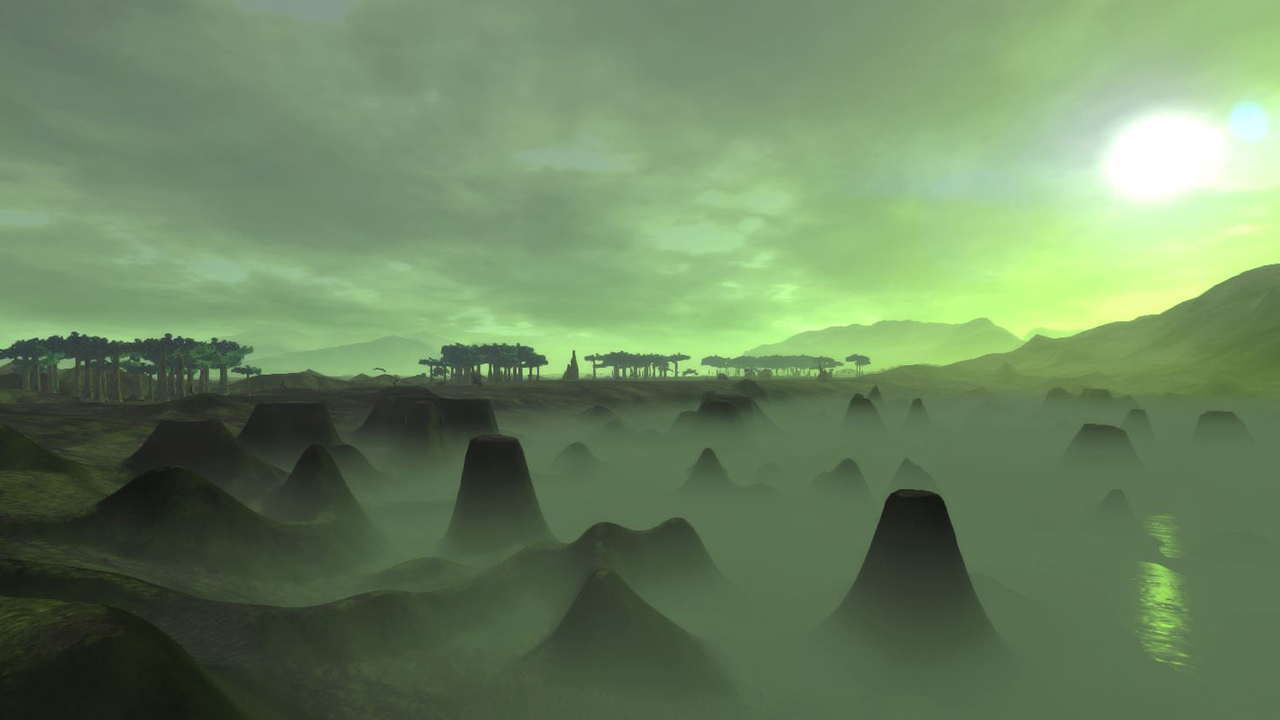
When No Man's Sky first released, I wrote about how I was disappointed with one of its fundamental flaws: The satisfaction of its exploration relied on the destination, not the story of how you discovered it. The problem being destinations in No Man's Sky are as exciting as a gas station on a road trip. Hello Games' take on exploration feels like walking through a house of mirrors at a carnival. Though at first I was awestruck by the infinite space before me, I quickly realized that it was all just a subtle distortion of the same thing—the same planets and the same discoveries. That seemingly infinite space was just an illusion.
Our aim is to get it right in one solar system, and then we can expand the whole thing to an infinite number.
I ask Lucas and community manager Christoph Edelmann about what it takes to make exploration exciting: "Doing this right is a very difficult task," Edelmann responds. "No Man's Sky showed that it's not the sheer amount of planets—you can put a number on them and say that's exploration, but planet-hopping isn't exploration. Exploration needs to be something that players can feel, they need to feel progress and that they have done something special, not just scanned the 270th life form on a planet. You can't only have a lot of a planets, biomes and interesting creatures, but the process of exploration needs to be interesting also."
Edelmann tells me that, for Eleon Game Studios, Empyrion's developer, their guiding philosophy has always been the German phrase "der weg ist das ziel" which roughly translates to "the journey is the reward." And for me, Empyrion has been quite a journey.
Keep up to date with the most important stories and the best deals, as picked by the PC Gamer team.
From the ground up
Part of what makes Empyrion exciting is that, unlike No Man's Sky, there are complex and nuanced systems to play with that make any objective I achieve feel noteworthy. Instead of just starting on a planet and hastily repairing my ship before taking off onto the endless and simple treadmill of discovery like I did in No Man's Sky, I was excited to spend hours on my home planet. I had to learn how to build a proper base and assemble automated systems to aid in my survival. I had to cook food, filter water, and level up my character to access more advanced technologies and recipes.
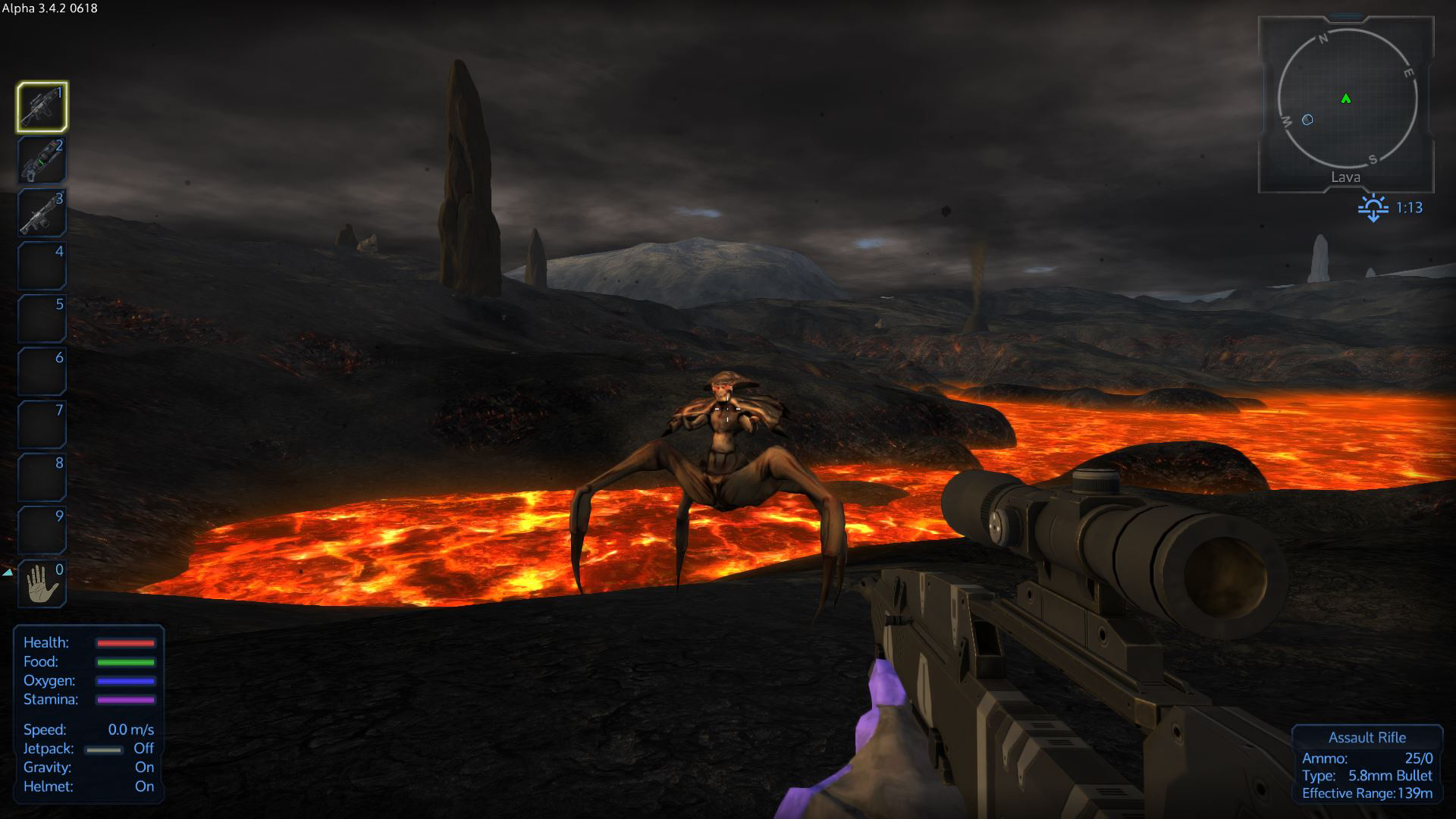
Once I began work on my first spaceship, it's where that philosophy of "der weg ist das ziel" began to come alive. Ships in Empyrion are voxel-based, meaning you can customize nearly every aspect of them, and those decisions have an impact on how that ship will fly. Elements of physics, like drag and acceleration, come into effect and require intentional placement modules like engines. What amazes me is how that same system is blown completely out of proportion later in the game, with the ability to build massive capital ships that can house entire fleets of smaller vessels, or space stations that, on multiplayer servers, can act as hubs for everyone in the solar system. Steam Workshop integration also makes sharing the blueprints of these designs a snap. You can easily forgo designing your own ship in favor of someone else's. There's over 14,000 designs for bases, ships, and space stations, including everything from TIE fighters to the Winnebago from the movie Spaceballs.
From there, you can begin to explore the varied planets of each solar system which tend to follow basic archetypes like lush forest worlds or arid desert ones. Like No Man's Sky, these worlds feel diverse and alien, but they keep my interest far longer because they're actually meant to be lived on, not just visited. Elements like hostile creatures and environmental hazards feel more impactful because surviving them isn't as easy as finding a nearby resource and plugging it into my suit. That said, Empyrion is still rough and unfinished in many areas and that's a reason to be skeptical about whether Eleon Game Studios can tie it off into a complete package. While its potential has yet to be fully realized, it's how Empyrion is being developed that has me feeling optimistic.
"I don't want to criticize No Man's Sky, but it's not more fun for the player to discover other solar systems if it's not fun in one solar system. Quantity does not replace quality. Our aim is to get it right in one solar system, and then we can expand the whole thing to an infinite number."
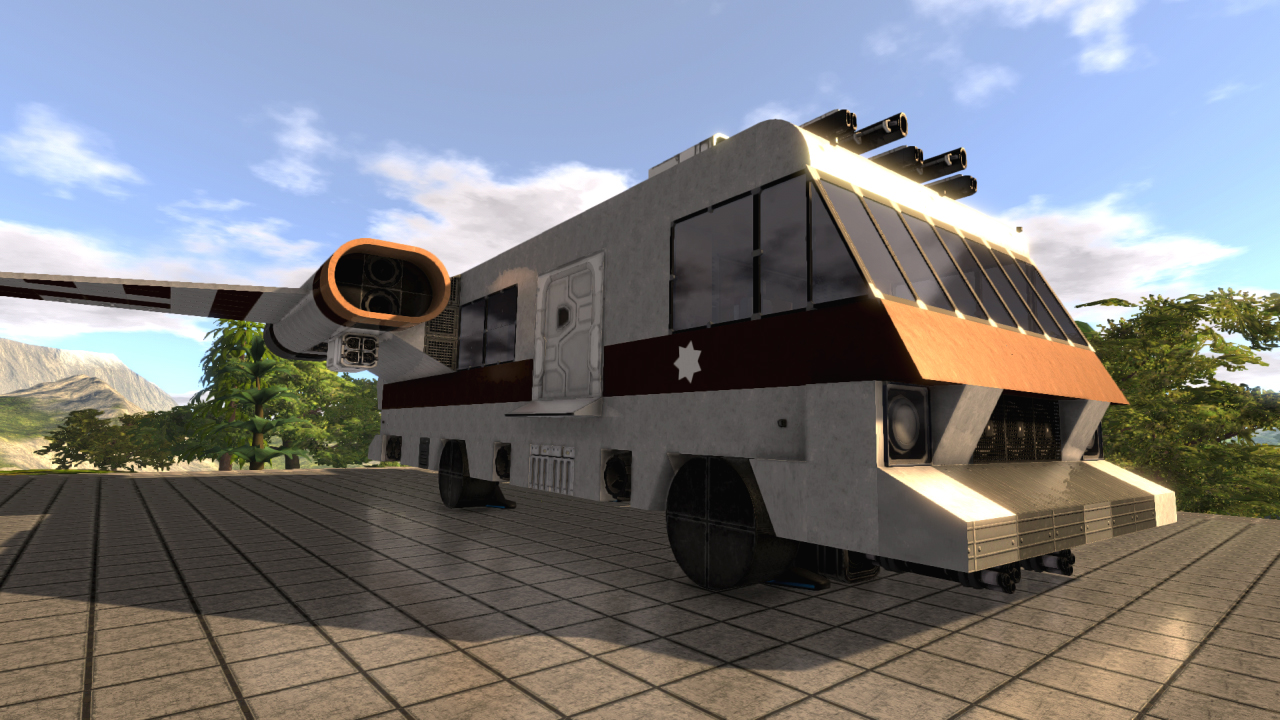
Edelmann adds: "If we manage to make this game interesting with just 11 planets, it's a much easier task to expand on that because we already have the necessary techniques ready. We are building this from the ground up, we're not adding a billion planets and then asking 'how can we make this interesting?' We are trying to do this the other way around."
Contrasted with the way No Man's Sky seems to have been designed, Eleon Game Studios seems to have the right perspective. And though the scale is considerably reduced, Empyrion does have a sense of infinity comparable to No Man's Sky thanks to its open-ended design. Like in Minecraft, the solar system is created using a 'seed' that players can tailor to their liking, shaping it to create new and interesting sights. Where No Man's Sky's procedural generation is locked off and opaque, Empyrion opens up some of its inner clockwork for players to tinker with.
Shooting for the stars
People know what they can expect from Empyrion, and they can see that the game develops according to the players.
Talking with Edelmann and Lucas, part of the reason they're convinced Empyrion is able to stand toe-to-toe with No Man's Sky is due to one thing: community involvement. They both tell me that, from day one, Empyrion benefitted from being a niche Early Access game because that allowed them to listen and respond to community feedback much quicker. They point me towards a survey they've been running to help determine which are the most important features to the community so they can prioritize them, but that involvement goes even deeper. When I first started playing, the blueprints I had for a basic starship and base were also plucked from community designs, and Lucas tells me they rotate those blueprints every few months to officially feature new creations. While Eleon Game Studios is building the framework, it's the players who get to fill the world with their creations.
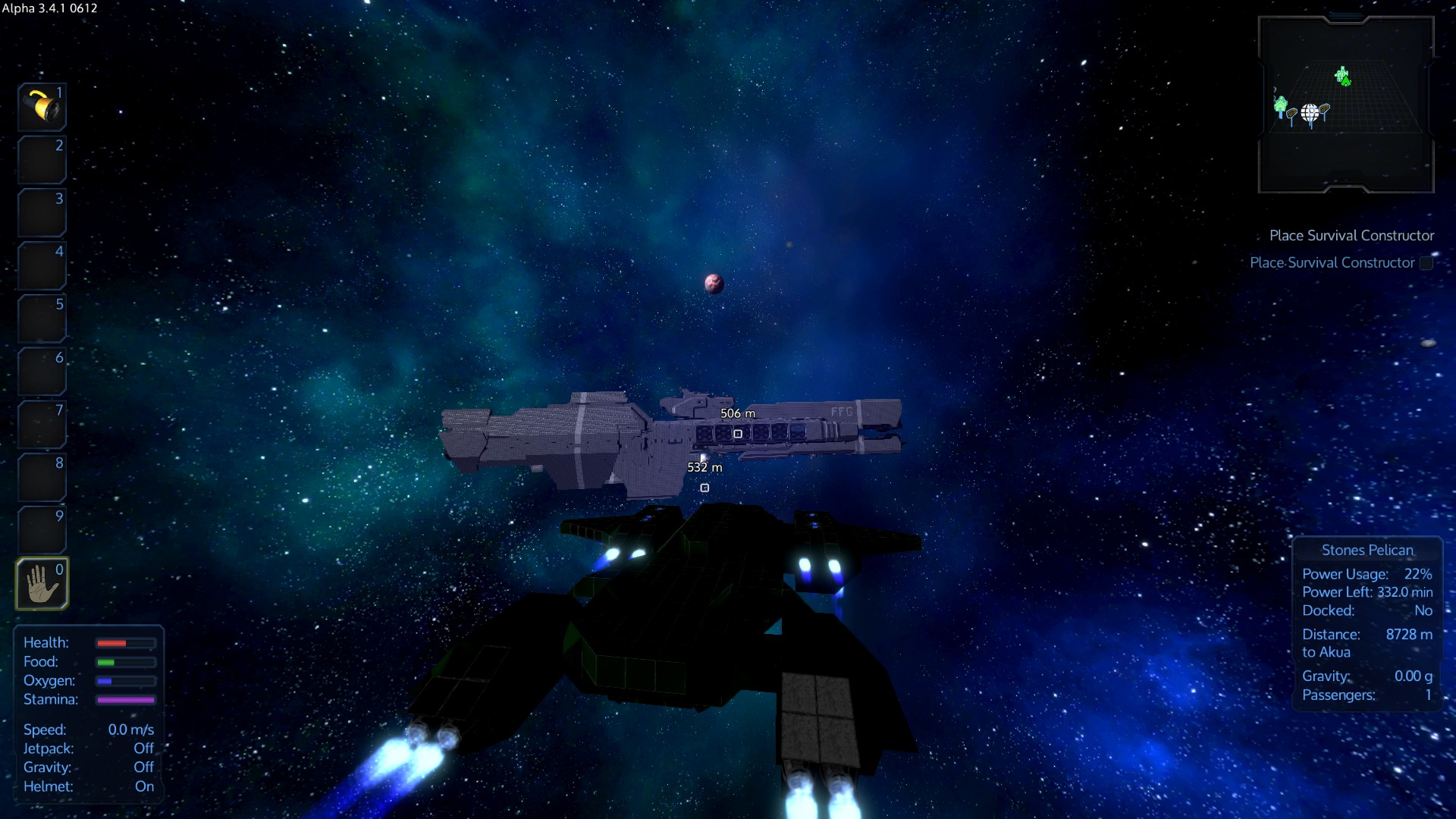
Edelmann believes that, in a marketplace where Early Access games are being treated with increasing skepticism, it's why players are responding so positively to Empyrion. "This supportive community we have is because we don't make promises that we cannot deliver," he says. "We are not marketing one feature that is irrelevant for the game just because it sounds like a good thing. People know what they can expect from Empyrion, and they can see that the game develops according to the players."
From my own experience, Empyrion - Galactic Survival is quickly making me forget those No Man's Sky blues. Space feels like a frontier that developers are exploring with renewed interest—some more successfully than others. But amid the Star Citizens and Dual Universes dotting the horizon, it's exciting to see that there's plenty of options, and Empyrion might just be my favorite right now. While there's still the long journey to release, it's good to know there's at least one exploration game that understands it's not just about where you're going, but how you get there.
With over 7 years of experience with in-depth feature reporting, Steven's mission is to chronicle the fascinating ways that games intersect our lives. Whether it's colossal in-game wars in an MMO, or long-haul truckers who turn to games to protect them from the loneliness of the open road, Steven tries to unearth PC gaming's greatest untold stories. His love of PC gaming started extremely early. Without money to spend, he spent an entire day watching the progress bar on a 25mb download of the Heroes of Might and Magic 2 demo that he then played for at least a hundred hours. It was a good demo.


